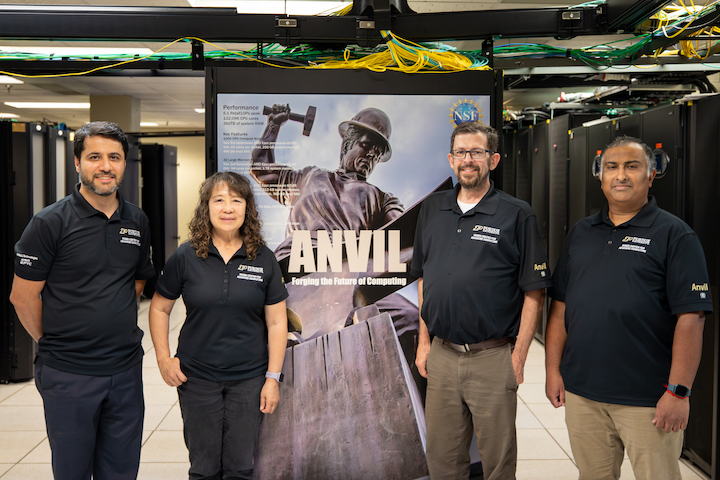NSF Access
ACCESS is an advanced computing and data resource program supported by the U.S. National Science Foundation (NSF). Please refer to https://allocations.access-ci.org/ for more information on how to get access to NSF ACCESS resources.
note
Allocations are absolutely free of cost and you do not need NSF, or funding from any agency to receive one.
Here are some useful links to get started:


